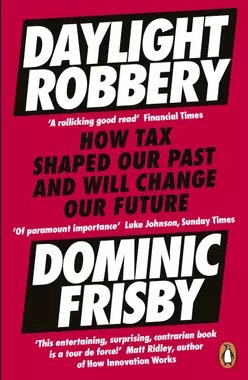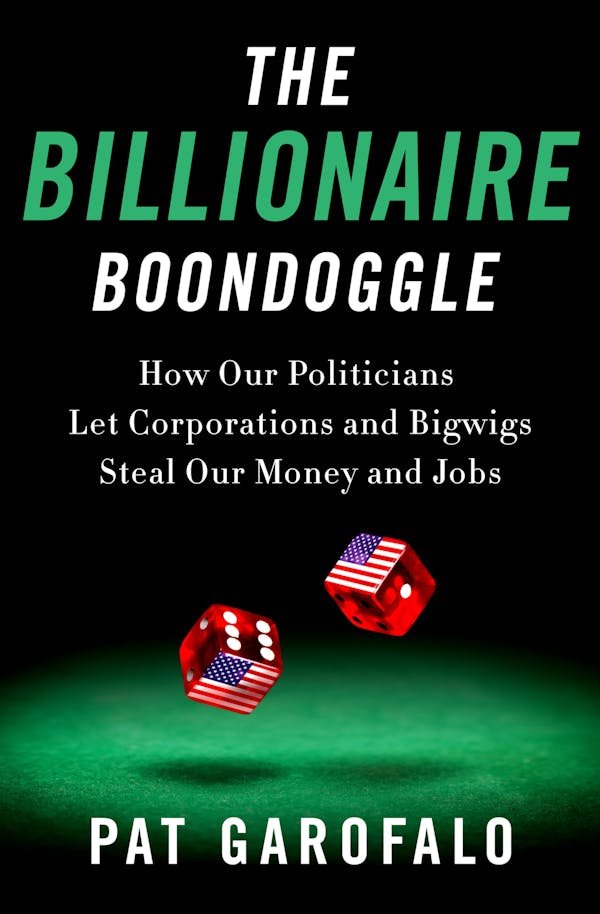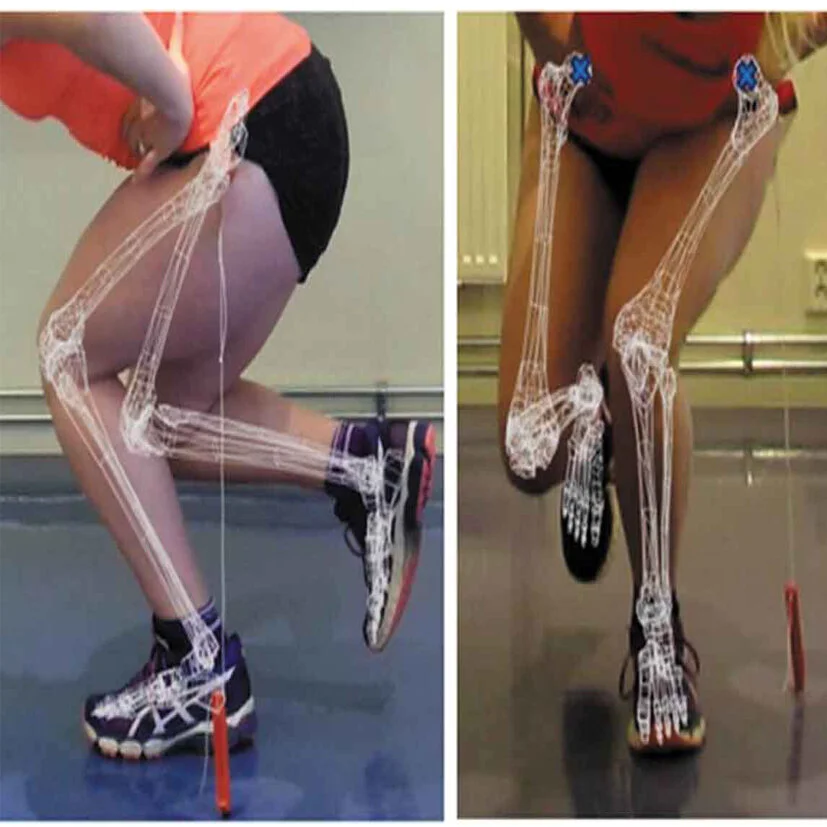Experts Of the Bleedin’ Obvious
Imperial College London released a peer-reviewed paper in 2021 which came to the extraordinary conclusion that the more junk food a child eats the more likely they are to become overweight:
‘British children are consuming ‘exceptionally high’ proportions of ultra-processed foods (UPFs), increasing their risk of obesity and damaging their long-term health…Researchers found that not only do UPFs make up a considerably high proportion of children’s diets (more than 40% of intake in grams and more than 60% of calories on average), but that the higher the proportion of UPFs they consume, the greater the risk of becoming overweight or obese’.
We’re all grateful that such a paper was published because we would never have known the problem existed, let alone know what to do about it. Without the steady stream of scientific papers, our world may grind to a complete halt as the world now appears to be run by experts who’ve made a whole career of being funded to state the bleedin’ obvious.
Whenever there’s a problem, it’s always best to defer as soon as possible to an expert - preferably someone who has no experience in business and no skin in the game. Luckily, Imperial College provides us with the wisdom of Professor of Public Health Christopher Millett who’ll explain to us how we got into this pickle and offer some effective ways to tackle this obesity challenge - he might even tell us how other countries are doing things differently.
After all, he is an expert and has answers that us mere mortals would never be able to think of:
‘Through a lack of regulation, and enabling the low cost and ready availability of these foods, we are damaging our children’s long-term health. We urgently need effective policy change to redress the balance, to protect the health of children and reduce the proportion of these foods in their diet.’
Oh. Ok. That’s it, is it?
The only possible ways to solve this is for the Government to regulate us even more?
The language of experts is framed in absolute certainty and conviction in there being only one solution. There’s no curiosity, desire or even wiggle room to explore perspectives and solutions together - it is their way or the highway.
Education Is Not A Proxy For Intelligence
Of course, the researchers who toil away in their Ivory Towers offer solutions rooted in their own reality - and the more specialised the field, the narrower the perspective they have. There seems to be a complete terror of peeling back the layers to examine the root causes of issues, as well as an accompanying terror that, once examined, the best solution would be a simple one.
There are a couple of red flags I see repeatedly when it comes to these experts. Firstly, when they recommend ‘simply’ adding something else to a system without conceding that there may be unintended consequences to tinkering. Secondly, recommendations are always framed as being solved by the power of more - more money, more funding, more rules, more tax, more regulations.
I asked before - what is the role of the Government in public health?:
Government has far exceeded the number of rules with a peak net benefit as well as the uncomfortable fact that Government intervention doesn’t produce prosperity.
Rachel Louise Moran posits the concept of the ‘advisory state’ which is the use of Government research, publicity, and advocacy aimed at achieving citizen support and voluntary participation to realise social goals. Instituted through outside agencies, posters, glossy pamphlets as well as legislation, the advisory state is the Government out of sight yet intimately present in the lives of citizens. Action is always done under the pretext of care and paternal concern for us, these subtle ways serve to mask governmental interference in personal decisions about diet and exercise….
Big Government affects us all because it decides how it thinks best to spend and allocate our money. In 2019, the tax burden in the UK was at a 50-year high: taxes reached 34.6% as a proportion of GDP in 2018-19, the highest level since 1969-70.
“There are no solutions. There are only trade-offs.”
Fines and Regulation are Taxes on the Poor
Fines act as both punishment and deterrent for ‘undesirable’ behaviour, whether it is a speeding ticket, parking fine, littering, or a missed payment.
Because fines and penalties are often imposed at a flat rate, they affect the poor far more than the rich. In fact, wealthy people are happy to pay money in lieu of other consequences, “what can I pay to make this go away?”.
Jeff Bezos paid more than $16,000 in parking fines while his Washington, D.C. mansion was renovated. The tickets were issued for ignoring ‘no parking’ signs, parking in spots reserved for residents, vehicles blocking zebra crossings and obstructing the path of pedestrians. They amounted to around 0.000012% of his total wealth at the time.
Alongside the wealthy, corporations often consider fines as a cost of doing business; the six biggest banks in America have paid collectively $200 billion in fines and penalties since 2000 - and earned $1.3 trillion in net income over the same 20 years.
Regulations are ‘a law, rule, or other order prescribed by authority, especially to regulate conduct’ and punishment for not following varies from fines, market restrictions, withdrawing licensing to court action.The cry for regulation often is accompanied by the demand for subsidies in the form of loans, tax breaks, regulations and other preferences given to an individual, business, or institution, usually by the government.
Corporations who are already in business can use regulation as a way of keeping future competition out of the market and even encourage it. The cost of regulations acts as a kind of invisible tax, they can be expensive to comply with and this cost is passed on to the customer - which then means the poor lose out again.
On the surface, it seems like a benevolent act, a way to help and support those in need. However, scratch the surface, and it becomes apparent that subsidies benefit a few at the expense of many:
A 2015 study found that 90% of the money from subsidies went to large corporations.
The same study found that 30% of businesses with over 1,000 employees compared to 0.2% of businesses under 250 employees received subsidies.
Competing businesses which don’t receive subsidies are at a disadvantage to those who do.
Politicians decide what businesses are ‘worthy’ of subsidies and which aren’t.
As the proof is in the pudding, it turns out that most subsidies are long-term failures in the economic sense but still achieve cultural or political goals.
Transferable subsidies enable the recipient sell it on to unrelated third parties. This allows whoever buys the subsidy to lower their own tax liability.
Now, back to the study I mentioned earlier:
‘National dietary guidelines should be updated to emphasise preference for fresh or minimally processed foods and avoidance of ultra-processed foods (UPFs), in line with guidelines developed in Brazil, Uruguay, France, Belgium and Israel.
UPFs should be taxed and minimally processed foods should be subsidised to make healthier food choices more affordable. Other actions include restricting promotions and all forms of advertising of UPFs, especially those targeting children, and mandatory bold front-of-pack product labelling.’
OK, that sounds sober, sensible and serious glancing but here’s a test for you - what are some of the hidden assumptions contained within this statement?
Here’s a few things that I found:
Labelling is proven to work as a method of dissuading people from buying products.
Companies will not seek ways to tweak their products so they are no longer classified as UPFs and thus exempt from new rules.
National dietary are guidelines correct and the people who write the guidelines are not influenced by any outside interests.
It is ethical to penalise people through taxation by pricing people out of being able to buy them.
Subsidises work in the way they are intended to.
Taxation is an ethical solution to all the problems of the world, it always has been and always will be.
Coulda, Woulda, Shoulda
Pay attention to whenever experts use the word ‘should’ and notice how it is presented as a declaration of fact, of reality - this is the way, the only way, to achieve the outcome. Implicit rules take the form of things people should do and promote an inflexible, rigid and closed-minded approach. When the flag of ‘Should’ is flown it is a trap because there’s no invitation to curiously explore ideas nor to enter into dialogue, borne out of a refusal to accommodate for the complex and nuanced nature of our world.
As an example, note how these two openers land:
“Who’s right?” vs “Let’s explore why we see this differently.”
“Make the wrong thing hard and the right thing easy”
Subtraction: The Space In-Between
Take note of whenever a solution is talked about; addition is always favoured over subtraction. One study found that when stakeholders suggested 100’s of ways to improve an organisation, fewer than 10% of those improvements involved taking something away. There is nothing inherently wrong with addition; but if it is the default path to solving solutions, then it means we - and the experts - are missing an entire class of solutions. Whenever there are cries to ‘do something’ it implies that things need to noticeably change and evidence of good subtraction is that it is not noticeable, seeing as it’s marked by the absence of something.
Sunset Clauses
Remembrance of Things Past by Marcel Proust is rated as the longest novel by the Guinness Book of World Records coming in at 3,000 pages and 1.2m words long and estimated to take around 114 hours to read. It is a mere pipsqueak in comparison to the UK tax code, which is 17,000 pages and 10 million words long and yet, according to tax lawyers, more isn’t more - because they consider the most efficient tax code in the world to be in Hong Kong which is a mere 276 pages long.
I’ve no idea how relevant most of the information contained within the ever-increasing tax code is, but this eternal accumulation could be avoided by using a sunset clause whenever something new is added. This clause establishes an expiration date where the statute, rule or regulation will no longer be valid and automatically expires on a specific date; at which point it can either be extended, left to expire or modified to suit the current situation better.
We learned earlier that adding complexity creates unintended consequences and 10 million words offers plenty of opportunities for large Corporations to pore through the tax code for loopholes for legal tax avoidance.
Despite there being a compelling case that a 276 page tax code may generate the same - or more - revenue in the UK, there appears to be a complete lack of desire to try anything new or different.
Build Subtractive Thinking In To Day-to-day Processes So It Becomes A Normal Way Of Approaching Problems
Create a rotating role of a Chief-Subtractor. This role requires the person to come up with a list of ways to achieve the goals and solve problems by subtracting and they remind their team to consider subtraction a viable choice.
Subtract-before-we-add policy when making decisions. Consider the option of removal before defaulting to addition.
Challenge people to come up with a list of everything an organisation could subtract or remove in the coming year.
Make evidence of good subtractions visible.
Asking the right questions is key to finding the right answers.
“what can we add to make it better?” AND “what can we remove that might make something better?Set an expiration or review date for all new policies, rules, laws and regulations. Does that data show that it has done what it was meant to do?
Don’t start something new without seeing what you can remove or stop doing first.
“And the rain fell, and the floods came, and the winds blew and beat on that house, but it did not fall, because it had been founded on the rock.”
Keep It Simple Stupid
Those who sit in their Ivory Towers far removed from the problems they’re solving, choose one terrible measure after another, never learning the lessons of their past failures and always finding blame elsewhere. They often opt for outcomes that are vague, idealised and difficult to measure and end up warping the whole system’s priorities in the process, causing more harm than good and rarely - unless through chance - succeeding in solving the root cause.
Despite what these experts would have you believe, systems are not purely mechanistic because it comes down to how the people running them behave - which is a moral question. Symmetrical rewards and consequences (known as having skin in the game) along with aligned incentives create a completely different result than forcing people through threat of fines and punishment. ‘Show me the incentives and I will show you the outcome’ is a mantra yet to be enthusiastically embraced by experts who never have to live with the failure of their policies.
How about if we stopped being bamboozled by qualifications and asked them to explain exactly how they thought the policy they were advocating would bring about the effects they claimed it would?
It would not be enough to flippantly advise another regulation or tax, they would also have to back this up by tracing, step by step, from start to finish, the causal path from the policy to the effects it was supposed to have to show how it would work in practice, in the real world outside their ivory tower. Let these experts stand up and be judged by the outcomes of their policies and not just by the amount of papers they publish.
I didn’t intend for this piece to go in the direction it did; I thought it would be a lot less …spicy. But it really did occur to me that this is a huge problem in the ever-expanding bureaucratic state we live in where the Government follows policy given by ‘respectable’ Universities which can serve as convenient scapegoats if things don’t work out. There’s no incentive for anything to get better; the main incentive is for things to continue on as they are, in a perennial status-quo, whilst the population are left to eat cake.
- F
REFERENCES
Association Between Childhood Consumption of Ultraprocessed Food and Adiposity Trajectories in the Avon Longitudinal Study of Parents and Children Birth Cohort' by Chang, K. et al. is published in JAMA Pediatrics. DOI: 10.1001/jamapediatrics. 2021.1573
Adams, G.S., Converse, B.A., Hales, A.H. et al. People systematically overlook subtractive changes. Nature 592, 258–261 (2021). https://doi.org/10.1038/s41586-021-03380-y
Meyvis T, Yoon H. Adding is favoured over subtracting in problem solving. Nature. 2021 Apr;592(7853):189-190. doi: 10.1038/d41586-021-00592-0. PMID: 33828311.
A New, Simple, Revenue Neutral Tax Code for Business
US banks rack up $200bn in fines and penalties over 20 years
Simon Luechinger, Christoph Moser, The value of the revolving door: Political appointees and the stock market, Journal of Public Economics, Volume 119, 2014, Pages 93-107, ISSN 0047-2727, https://doi.org/10.1016/j.jpubeco.2014.08.001
Innovation Versus Complexity: What Is Too Much of a Good Thing?
What’s Wrong with Social Science and How to Fix It: Reflections After Reading 2578 Papers
The Eatwell Guide: Public Health England
It’s time to ban obesity in NHS employees
Why Incentive Plans Cannot Work
The Behavioural Insights team, popularly known as the ‘Nudge Unit’
Evaluating State and Local Business Incentives
Jeff Bezos paid over $16,000 in parking tickets during his mansion’s renovation











































What are the most common misconceptions about furniture free? Well these are my top three!